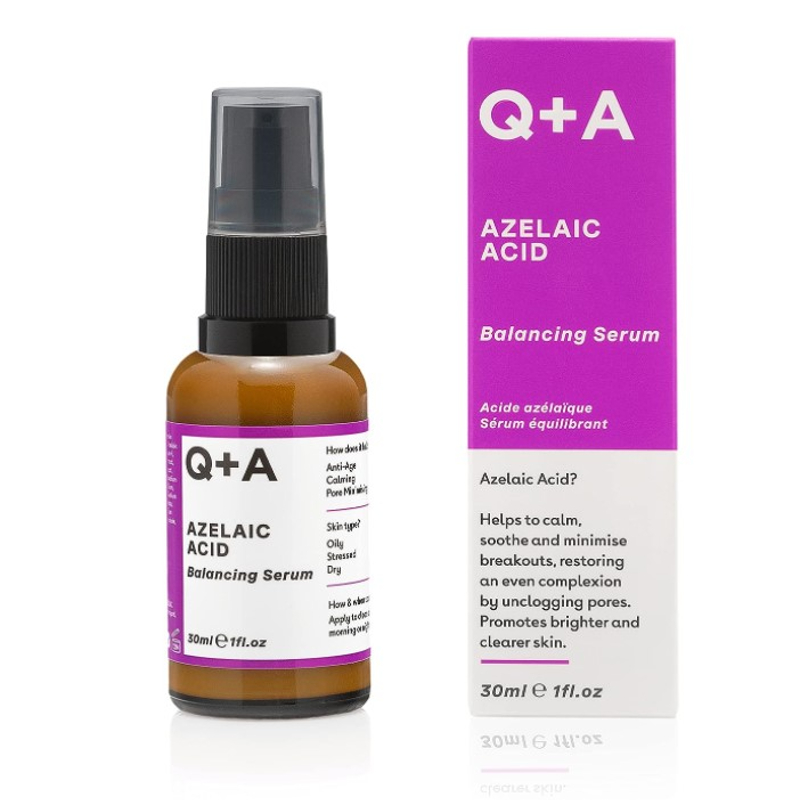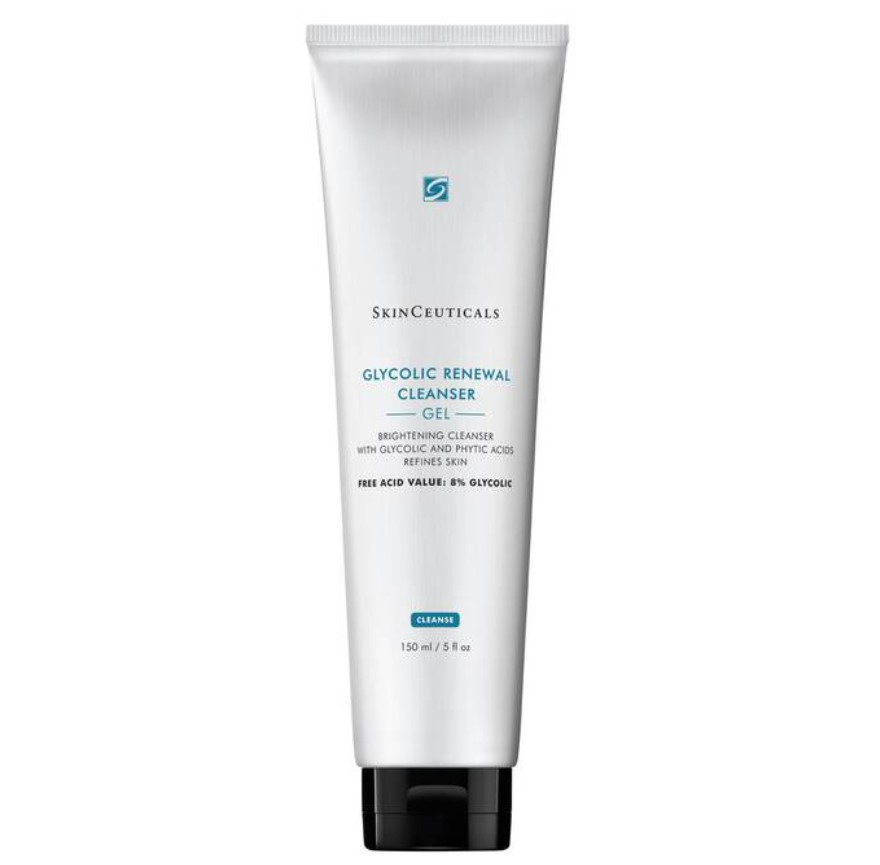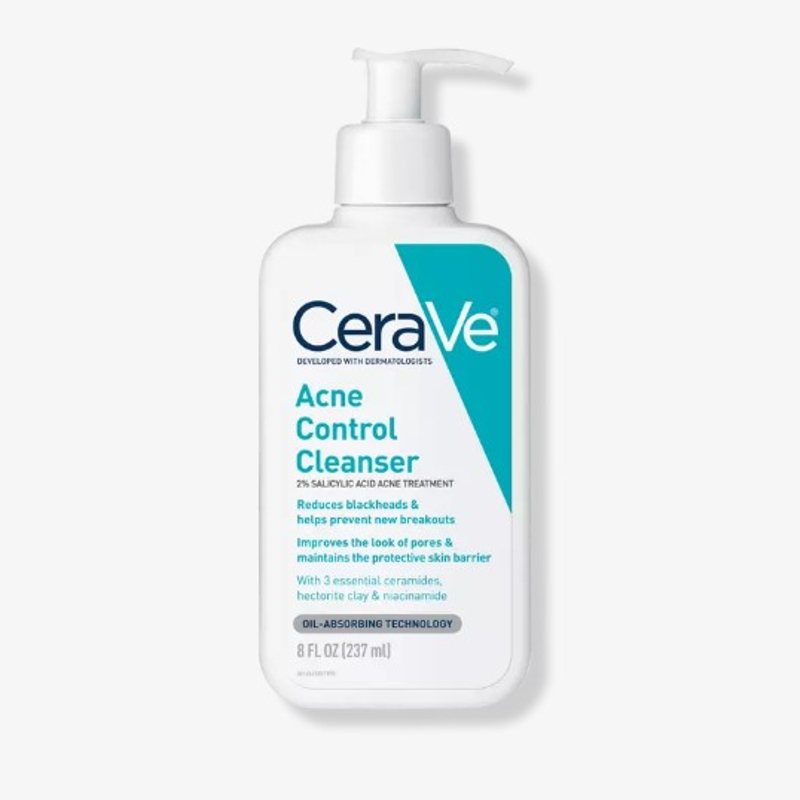Can you really use apple cider vinegar for acne? The experts weigh in on whether the TikTok trend is *actually* safe
A TikTok video is making the rounds for the 'benefits' of using apple cider vinegar for acne—but is it actually legit?
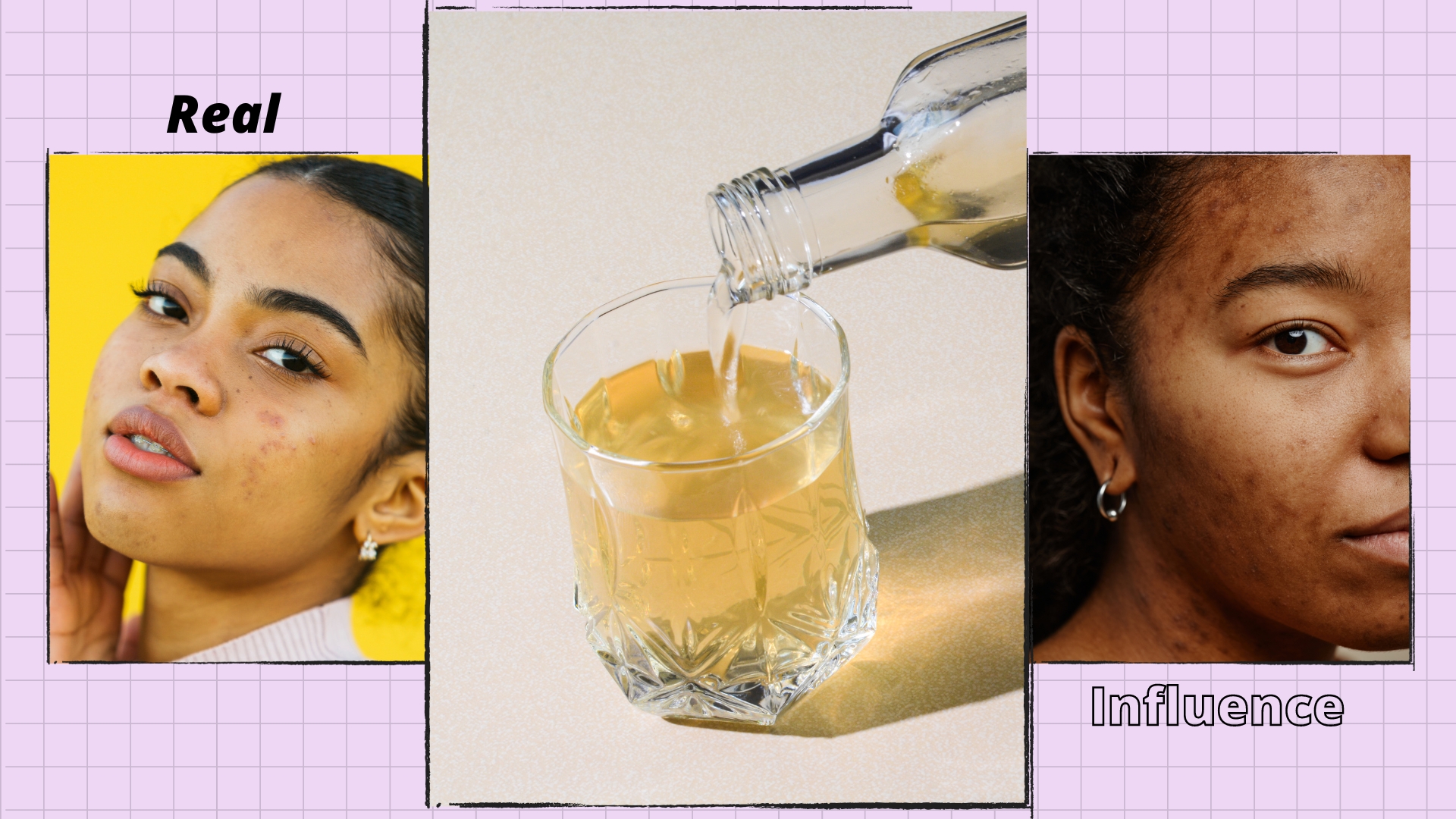

For many of us, TikTok is a one-stop shop for all our beauty-related intel, but sometimes you can stumble across a trend that sparks a bit of discourse—the latest being apple cider vinegar for acne.
TikTokers are sharing their ACV routines, claiming the acidic liquid helped to clear their pimples and blemishes and rid their skin of texture, leaving it supple and radiant. However, despite some influencers making a case to add the vinegar to your skincare routine, other social media users have spoken out about the adverse effects of using the household ingredient.
So, in light of all the debate, we've spoken to an expert about whether you should actually swap out your fave toners for apple cider vinegar, or if you should avoid this routine altogether.
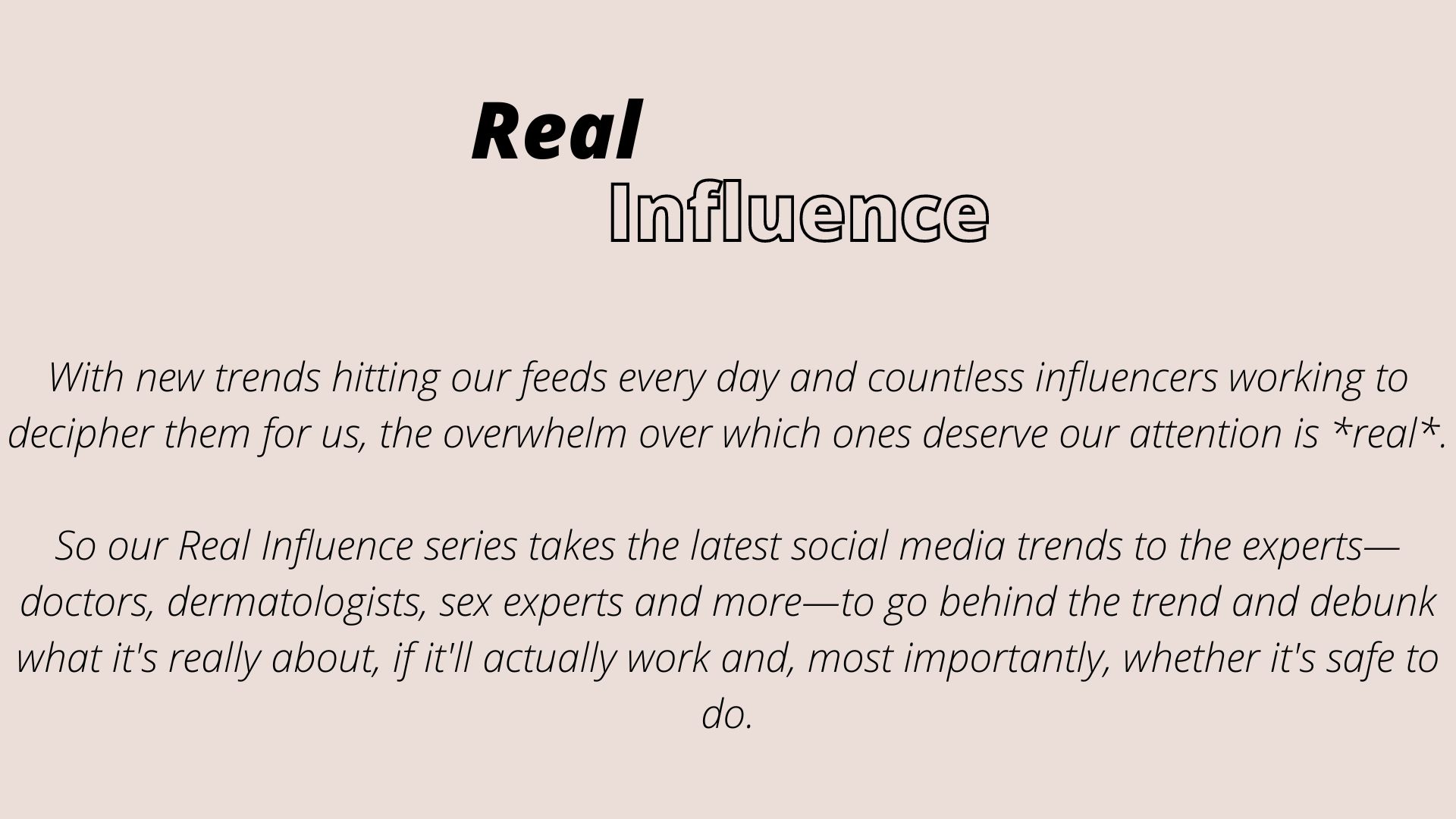
Kimberley Medd is a clinical lead at Face the Future and has share some expertise on the use of apple cider vinegar for acne
What TikTokers are saying about using apple cider vinegar for acne
One video, in particular, which has now garnered over 1.2 million views, sees user @Daynasworld sharing an ACV tutorial for acne-prone skin, claiming the benefits of apple cider vinegar include brightening pigmentation and fighting against acne-causing bacteria, resulting in visibly smoother and clearer skin.
Now, delving into this viral nighttime routine itself, Dayna starts by cleansing and then diluting the ACV before applying it (two parts water, one part ACV), though Dayna also reminds viewers following along, to always do a patch test before trying any new skincare product—not just ACV. Dayna then says to apply it using a cotton pad, sweeping it over the skin in one direction and avoiding the eyelids.
@daynasworld ♬ original sound - Daynasworld
For first-time triers of ACV, Dayna recommends trying it every other day to see how your skin responds.
In response to the now-viral video, some raved about the effects with one viewer commenting "I did it 2 times and already see results!!" While another quipped: "Ya'll it works I just started and it's already working."
Others, however, had a different experience, "This didn't work for me, gave me pimples instead."
Another wrote: "Question...has it made anyone else actually break out?" To this comment, Dayna replied saying: "I think it's like anything, some things work and for some, it doesn't."
@daynasworld ♬ Freak You by Zeddy Will - not zeddywill
On another video, a viewer also commented: "Too harsh for the skin." To which Dayna responded: "Yes, that's why in my tutorial I dilute it! It's been approved by Dr. Dendy Engelman," before also reminding others that this tutorial doesn't work for everyone.
So, with all these differing experiences and opinions, what do the experts have to say about this emerging skincare trend?
What do the experts say about using Apple Cider Vinegar for acne?
Kimberley Medd Clinic Lead at Face the Future says that whilst apple cider vinegar might seem like a good idea for acne, with its acetic acid and astringent properties, "it could cause more harm than good."
Medd explains: "The skin's pH is important to be balanced in order to be healthy, and although apple cider vinegar can clear up excess oil, it's also too acidic for the skin.
"Although excess oil (sebum) is a main contributor of acne-prone skin, completely stripping the skin and drying it out does not protect the natural oils needed for a healthy skin barrier, to avoid future breakouts. Instead, it can cause an inflammatory response, leading to redness and swelling of the skin, as well as sensitizing it further."
Medd adds that in word case sceneries: "Apple cider vinegar could lead to stinging and burning of the skin, and increased irritation, especially if left on the skin for a long period of time."
"It's also important to note that whilst we do put acids on our skin with the likes of salicylic acid or glycolic acid, these formulas are highly diluted and used in small concentrations, so using a full-strength apple cider vinegar on your skin isn't safe," Medd concludes.
In the OG TikTok video, diluted ACV was used, but it's important to remember that—like with the Rosemary hair oil trend—at home, DIY skincare does have its risks, especially when you're diluting a product yourself. When we use specialist skincare products, they have been clinically formulated for our skin's safety.
A key takeaway from this though is to remember that everyone's skin is different, what works for some might not work for you, so always do a patch test and your research before diving into a new routine—especially using acidic products like retinols and peels.
So, what should you use instead?
- Azelaic Acid: "Treats skin congestion, helping to clear acne."
- Glycolic acid: "A great exfoliator and hydrator for the skin."
- Salicylic acid: "Works to clear the blocked pores and remove debris and excess oils."
Instead of apple cider vinegar, Medd recommends products, "designed specifically for the skin and acne concern," including Azelaic acid—which treats skin congestion, glycolic acid, for exfoliation and hydration and salicylic acid for blocked pores.

Naomi is a Lifestyle News Writer with the Women's Lifestyle team, where she covers everything from entertainment to fashion and beauty, as well as TikTok trends for Woman&Home, after previously writing for My Imperfect Life and GoodTo. Interestingly though, Naomi actually has a background in design, having studied illustration at Plymouth University but lept into the media world in 2020, after always having a passion for writing and earned her Gold Standard diploma in Journalism with the NCTJ.
Before working for Future Publishing’s Lifestyle News team, she worked in the Ad production team. Here she wrote and designed adverts on all sorts of things, which then went into print magazines across all genres. Now, when she isn’t writing articles on celebs, fashion trends, or the newest shows on Netflix, you can find her drinking copious cups of coffee, drawing and probably online shopping.
-
 Rihanna swears by this viral moisturizer for glowy, healthy skin—and it's so affordable at under $11
Rihanna swears by this viral moisturizer for glowy, healthy skin—and it's so affordable at under $11Rihanna's moisturizer is already a cult favorite for its nourishing skin-loving powers—all for a very budget price!
By Naomi Jamieson Published
-
 These Sol De Janeiro Bum Bum cream swaps smell like paradise and are *waay* cheaper than the OG
These Sol De Janeiro Bum Bum cream swaps smell like paradise and are *waay* cheaper than the OGThese Brazilian Bum Bum cream dupes will leave you smelling like a dream, for an even dreamier price...
By Naomi Jamieson Published
-
 We found the coveted moisturizer Hailey Bieber swears by for her healthy glazed skin look
We found the coveted moisturizer Hailey Bieber swears by for her healthy glazed skin lookThis Hailey Bieber moisturizer is getting a ton of attention on TikTok for it's soothing and glow-boosting formula...
By Naomi Jamieson Published
-
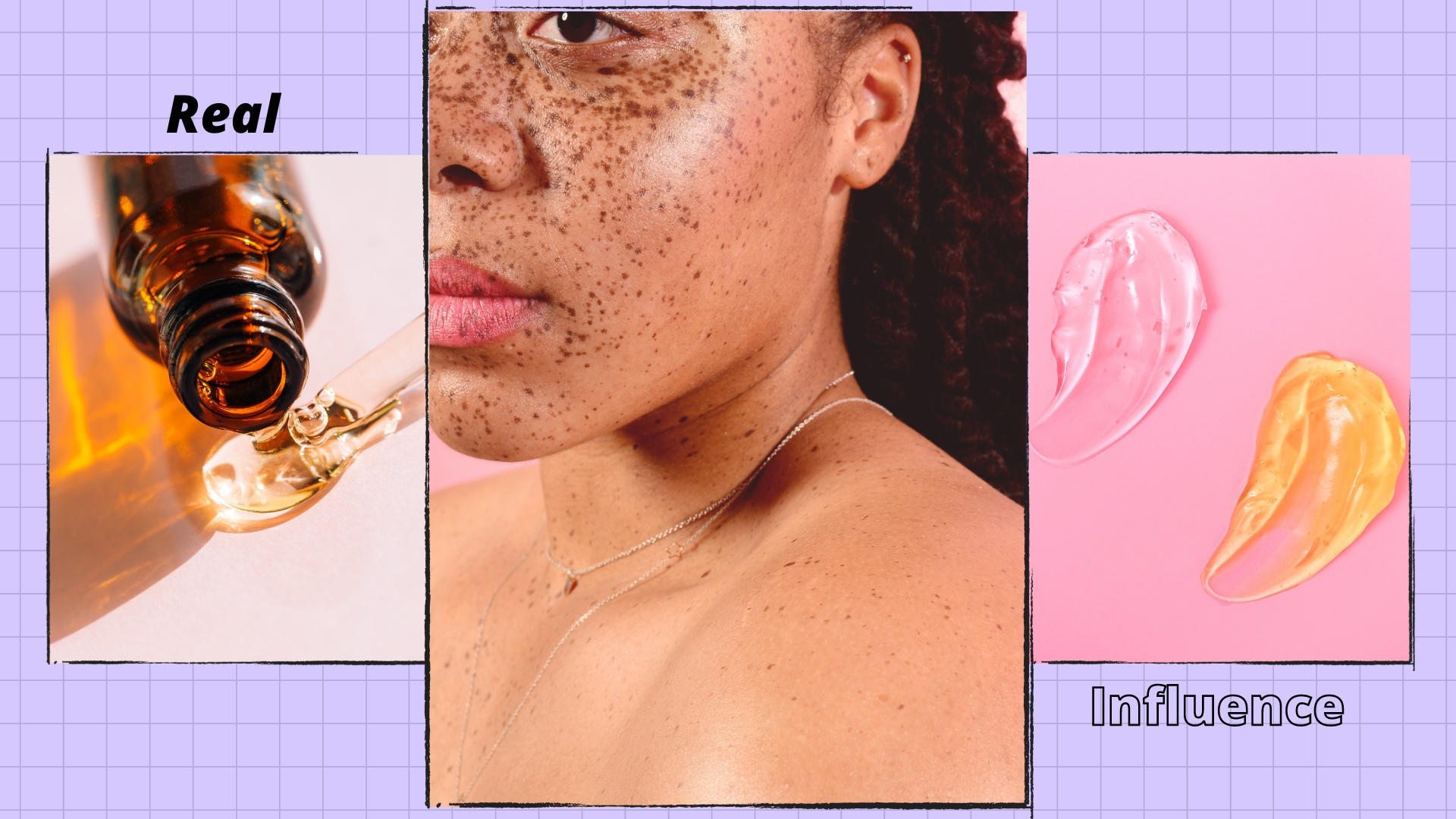 'Skin cycling' is a regime that TikTok swears by—but what is it *exactly* and does it really work?
'Skin cycling' is a regime that TikTok swears by—but what is it *exactly* and does it really work?'Skin cycling' is yet another beauty buzzword to enter the chat, so we've asked the experts to break it down for us...
By Naomi Jamieson Published
-
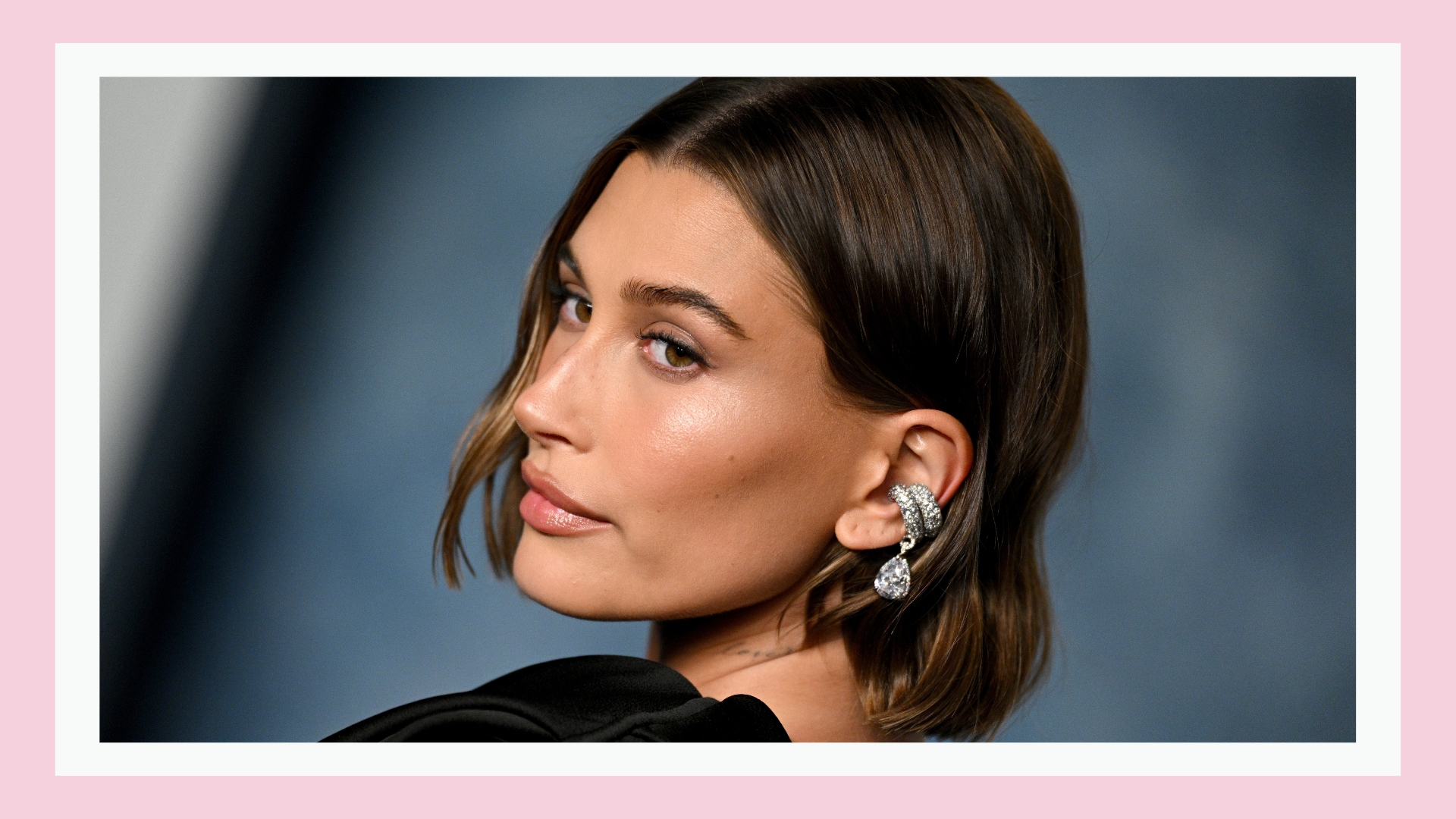 This is the easy at-home treatment Hailey Bieber does for facial sculpting—and no, it doesn't require a fancy tool
This is the easy at-home treatment Hailey Bieber does for facial sculpting—and no, it doesn't require a fancy toolHailey Bieber just gave us a facial massage 101 and we're forever grateful...
By Naomi Jamieson Published
-
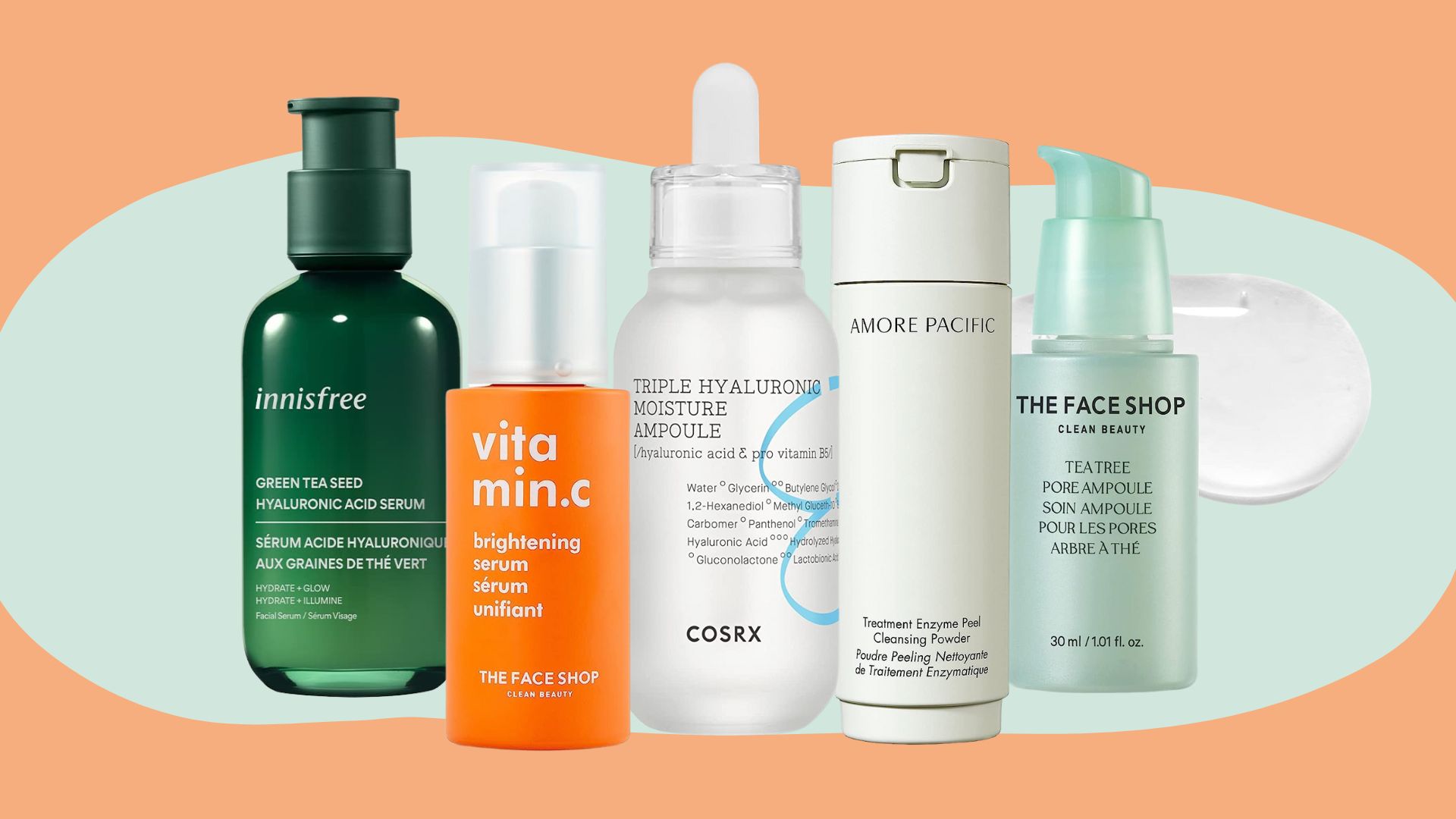 I found all the Korean beauty deals in the Prime Day sale—as a beauty editor, these are the ones I'll be buying
I found all the Korean beauty deals in the Prime Day sale—as a beauty editor, these are the ones I'll be buyingI'm all about dewy skin, so I was desperate to find the best Korean Beauty deals had to offer—here's what I found...
By Aleesha Badkar Published
-
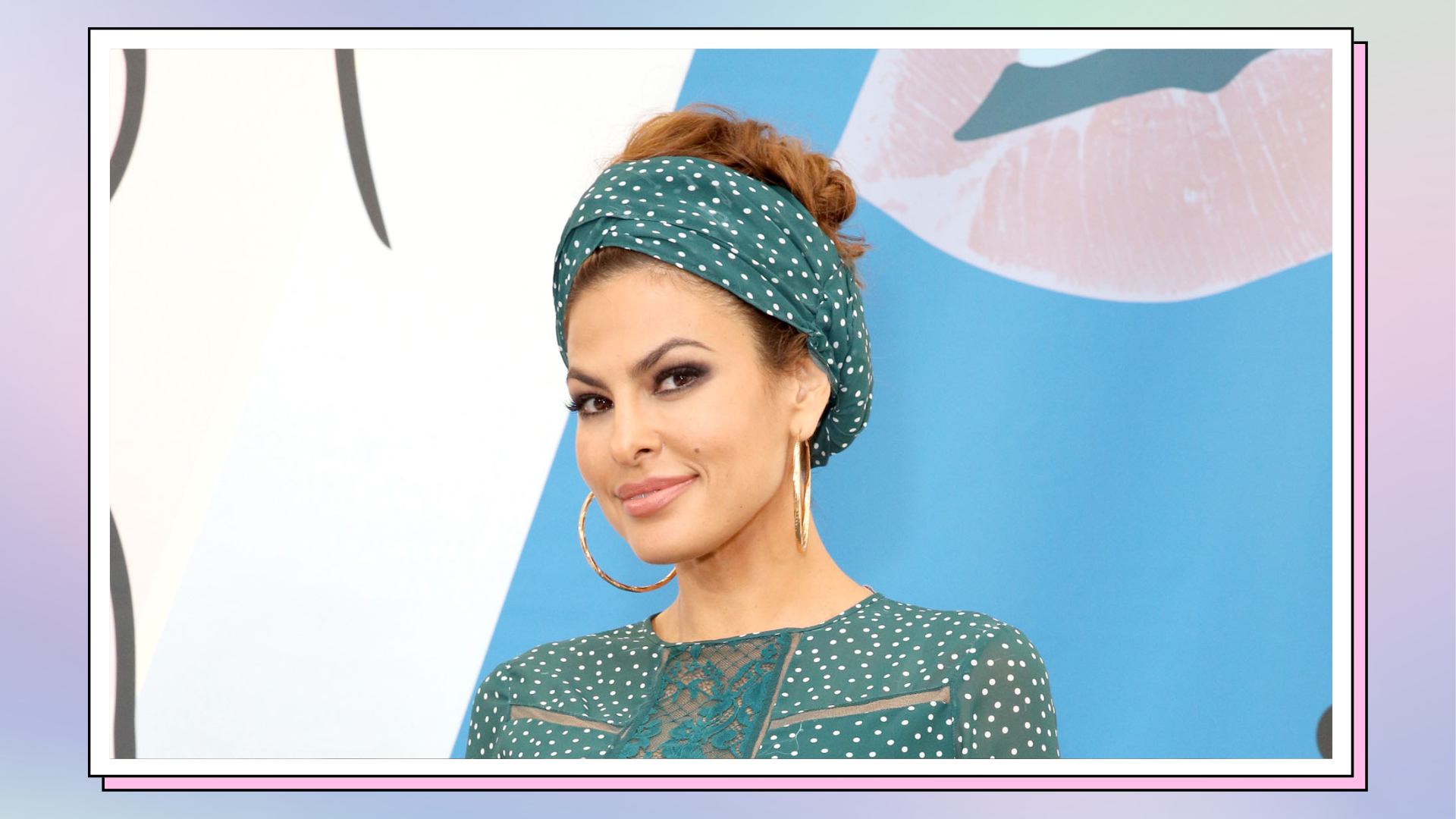 Eva Mendes and Selling Sunset's Marie Lou are dermaplaning fans—and tools are on sale for Prime Day
Eva Mendes and Selling Sunset's Marie Lou are dermaplaning fans—and tools are on sale for Prime DayRecreate the celeb-loved treatment in the comfort of your own home with these discounted dermaplaning tools
By Lucy Abbersteen Published
-
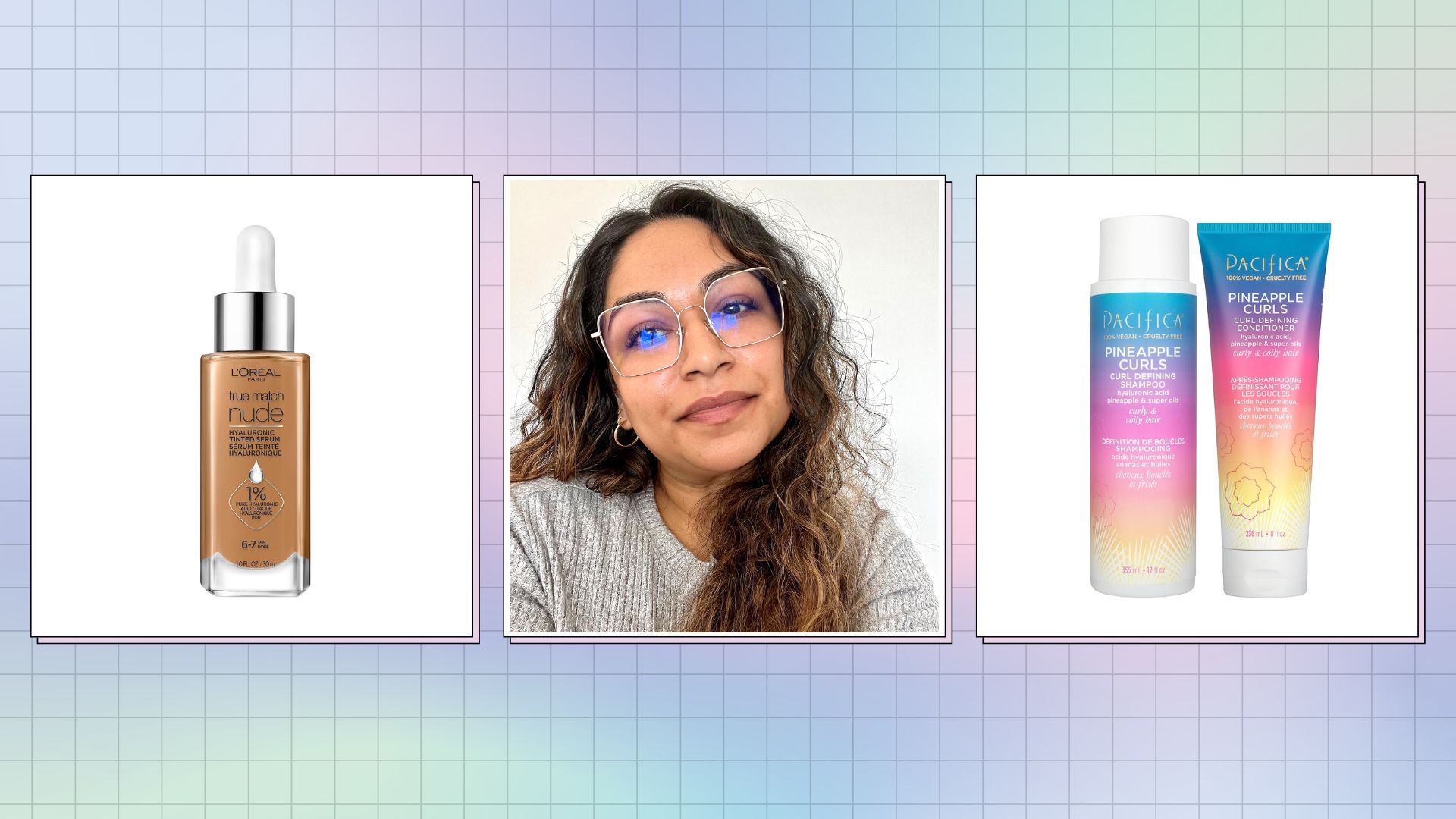 I'm a beauty editor and these are the Amazon Prime Day sale picks that I always repurchase
I'm a beauty editor and these are the Amazon Prime Day sale picks that I always repurchaseI try dozens of products a year, but these are the beauty staples I repurchase every Amazon Prime Day
By Aleesha Badkar Published
